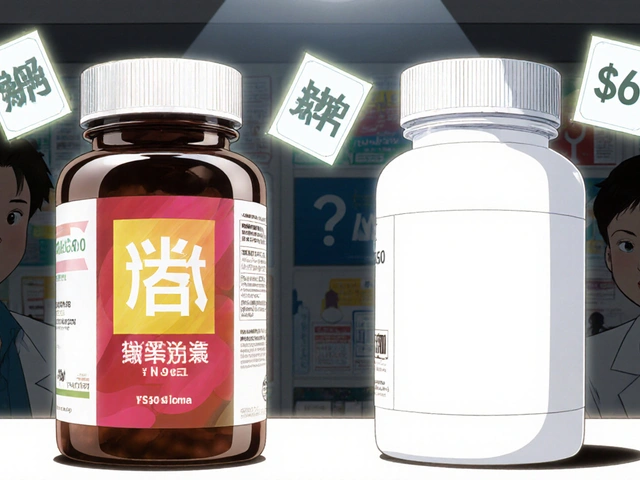Liver Toxicity: What It Is and Why It Matters
If you’ve ever heard the term “liver toxicity,” you probably wonder if a pill you take could hurt your liver. In plain words, liver toxicity means the liver is being damaged by something – most often a medication or a supplement. The liver does a lot of heavy lifting for your body, so even a small injury can mess up digestion, detox, and energy levels. Knowing the basics can help you avoid a nasty surprise down the road.
Common Drugs That Can Damage the Liver
Not every drug is safe for your liver, and some are notorious for causing problems. Acetaminophen (the active ingredient in many pain relievers) tops the list – a single extra dose can overload the liver’s detox pathways. Antibiotics like isoniazid and some antifungals such as fluconazole also carry a risk, especially if you take them for a long time. Prescription steroids, including prednisone and prednisolone, are useful but can raise liver enzymes when used in high doses.
Even over‑the‑counter supplements aren’t free of risk. Herbal products that claim to “boost the liver” sometimes contain hidden ingredients that stress liver cells. If you’re buying anything online, double‑check that the source is reputable and that the product lists all active substances.
How to Spot Liver Toxicity Early
Early signs of liver trouble are often vague, which is why paying attention matters. Common symptoms include yellowing of the skin or eyes (jaundice), dark urine, a persistent sore right‑upper‑abdomen, and unusual fatigue. Some people notice itching or a loss of appetite. If you experience any of these while on a new medication, don’t ignore them.
Routine blood tests are the most reliable way to catch liver toxicity before it becomes serious. Your doctor can check levels of ALT, AST, and bilirubin – three markers that rise when the liver is under attack. If a test shows an increase, the doctor may lower the dose, switch drugs, or stop the medication altogether.
Staying proactive is simple: keep a list of every drug and supplement you take, read the side‑effect warnings, and ask your pharmacist about liver safety. When you start a new prescription, request a baseline liver‑function test. That way you have a reference point, and any change will stand out quickly.
In short, liver toxicity is preventable for most people. By knowing which drugs carry a risk, watching for subtle symptoms, and getting regular lab checks, you protect one of your body’s most vital organs. Your liver works hard – give it the respect it deserves.






